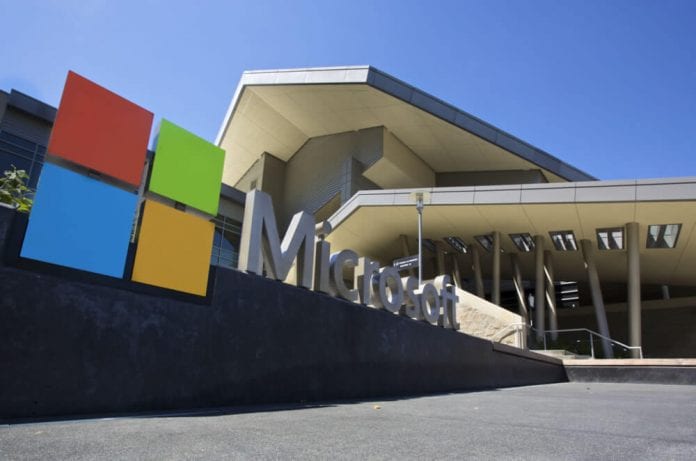
Microsoft Corporation (NASDAQ:MSFT) is establishing two new data centers in Canada, which would add to its burgeoning network of data centers external to the U.S. It aims to commission new data centers in Toronto, Ontario and Quebec City, Quebec in 2016. The new establishments will provide Azure, Office 365 and Dynamics CRM Online services. As per Microsoft, the local data centers will meet the data residency concerns for its customers.
Establishing new centers, grants significant new cloud-based opportunities to companies that must follow rigorous data storage compliance codes. Factors such as privacy and worries over US surveillance have to a certain degree pushed businesses to establish data centers in international locations.
Another crucial driver is minimizing latency. Microsoft and other organizations are addressing concerns to add to the attractiveness of their “in-country” services opined Keith Groom, chief of Microsoft solutions at Softchoice. The latter enjoys the status of being Canada’s biggest Microsoft licensing and Office 365 supplier.
Microsoft’s main public cloud rivals AWS (Amazon Web Services) and Google Inc (NASDAQ:GOOG) both lack data centers in Canada, although there has been speculation of Amazon.com, Inc. (NASDAQ:AMZN) building one. Kevin Turner, COO at Microsoft, declared that it was a momentous day for both Canada and Microsoft.
The data centers will be the first ever Microsoft cloud entities in Canada. Approximately 80,000 Canadian businesses leverage Microsoft cloud services that are presently hosted by data centers located outside Canada.
The declaration is good news for individuals and organizations in Canada who are troubled about data sovereignty. Many believe that access to information that’s stored within a particular nation’s geographical boundaries should be administered by that particular nation’s rules and regulations.
Toronto Mayor, John Tory, thanked Microsoft to select Toronto as a place to establish a new data center. As per Ontario, Deputy Premier, Deb Matthews cloud services enable small and medium enterprises to compete better with the big businesses. She also opined that Microsoft’s investment had great value for Toronto.
Currently, Microsoft boasts of 17 Azure datacenter areas globally, including areas in Europe, East and Southeast Asia, Japan, Australia and Brazil.
Sources: digitaltrends, zdnet, citynews.ca








